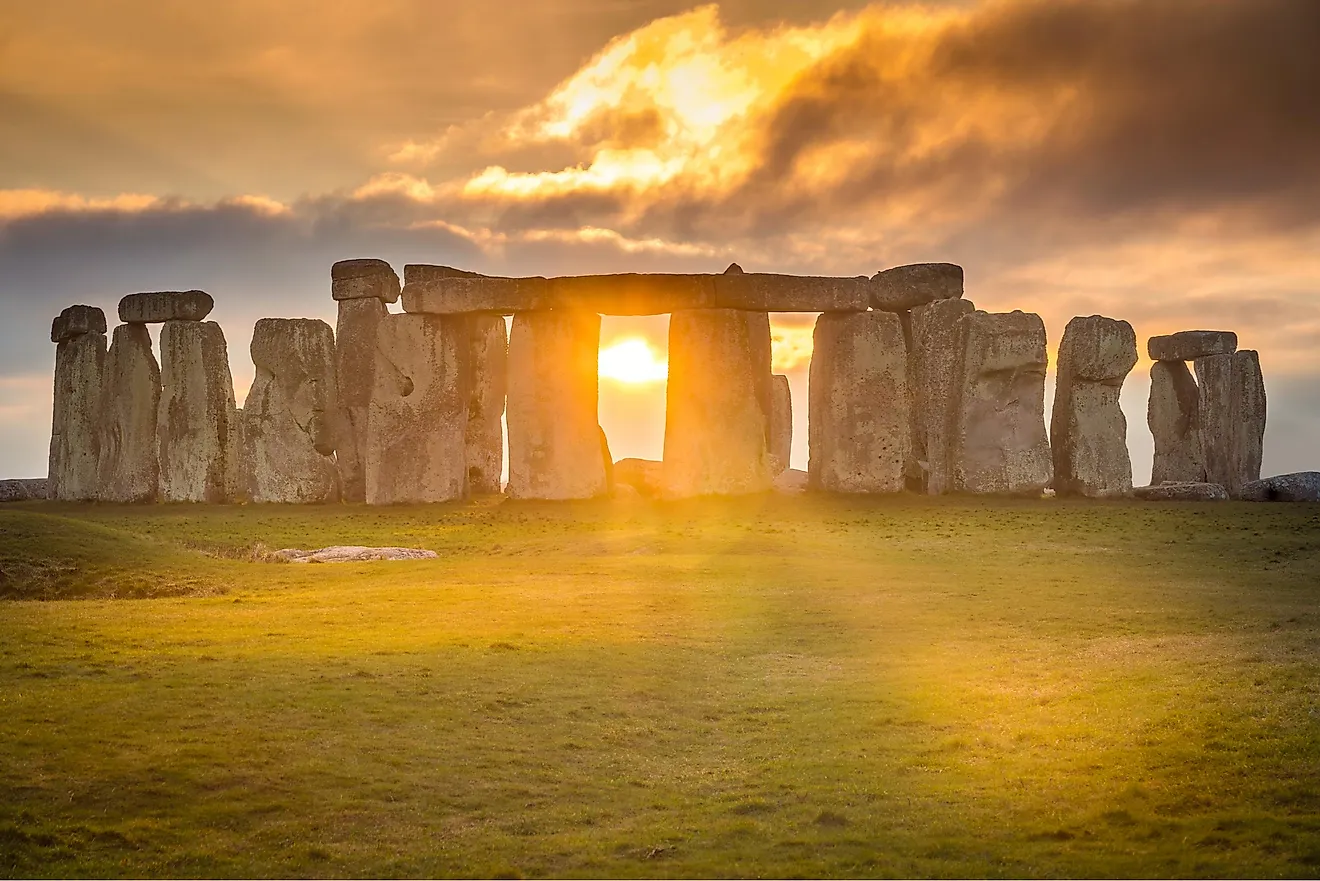Last year my sister gave me a copy of Society of the Snow, a book about the Uruguayan college rugby team whose plane went down in the Andes in 1972, leaving the players, friends, and family who survived the crash to try to survive on a glacier. Which they did, by among other things eating the bodies of the dead, for 72 days until at last (recue efforts having long ago given up) several of the survivors hiked out ten days to Chile to let the outside world know that the survivors on the mountain needed rescue.
Let's leave aside the question of why my sister ran into a book about survival and cannibalism and immediately thought, "present for my brother." All I can say is: family know each other best.
My time reading things in print (as opposed to audio which I can listen to while commuting or washing dishes) is limited, but I started it over Thanksgiving and finished it just before Christmas.
First of all, the prose is fascinating: Written by one of the school friends of the survivors, the book has a very written-in-Spanish voice. I suppose it's an interesting question whether this is a good or bad thing in a translation, but I thought it gave a strong sense of the type of young men who spent two and a half months trying to survive in this frigid and barren landscape.
And really, it's the story of how and why these guys survived that is interesting.
I think the basic cultural expectation about a situation like this is that there would immediately be a great deal of conflict among the survivors. The 2021 prestige drama Yellowjackets (which I haven't seen, but several friends are fans) featured a girls soccer team from the US which is on a plane which goes down in the far north of Canada, leaving the survivors to try to survive in the wilderness. This leads to rivalries and conflict among the survivors which continue to reverberate twenty years later in their adult lives.
What really struck me in this story is the way in which their desperate situation immediately drew the surviving young men together. They describe their time in the Andes as having created a sense of unity and purpose which they call the Society of the Snow (from which the title of the book is drawn) in which life is reduced to its most essential elements and all rivalries are set aside as they try to help every person survive long enough to be rescued.
The structure of the book is only roughly linear, because each chapter is based upon the story of a different survivor. While early chapters focus more on the wreck and initial days, and later ones focus more on the trek out and recuse, you hear the full story repeatedly from different points of view.
One thing several survivors talk about is the solidarity of the mountain. Several talk about how they expected to be resented because between shock and injury, they were able to do almost nothing other than live day to day, while others did large amounts of work for the group. And yet, because everyone was focused on helping everyone survive, they each accepted the efforts or each person as what they could do.
I don't know how much of this is cultural. A number of the survivors talk about how their Catholic faith helped them survive, and about the group rosaries they would say at night while trying to avoid falling asleep when it was so cold that full sleep was likely to result in death by hypothermia.
But the survivors themselves, talking about their experience, say repeatedly that the unity and lack of hierarchy they experienced on the mountain was something they considered unique and surprising, both compared to their lives before and after. So at least in their own minds, it was the extremity of their situation which pulled them together and cause them to care for each other above all other things.
Definitely an interesting read and one of my recommendations out of my 2024 reading.


